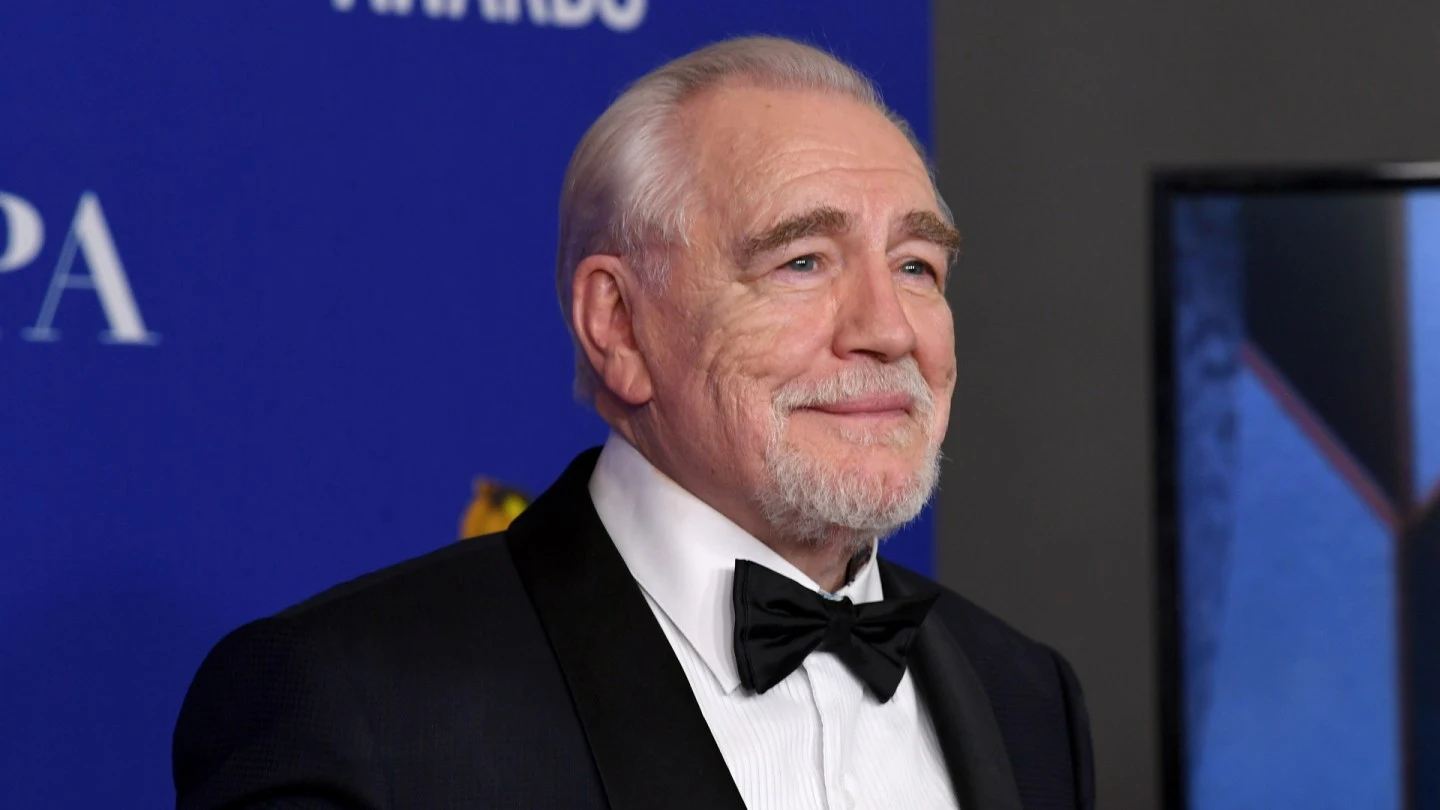Brian Cox thinks cinema is “in a very bad way,” with the Marvel and DC Universes partly to blame.
The legendary actor of stage and screen – who most recently garnered critical acclaim for his award-winning role in HBO’s Succession – spoke at an Edinburgh International Film Festival panel on Saturday. When asked about the recent successes of globally popular TV shows, Cox cited the latest MCU installment Deadpool & Wolverine as a great example of cinematic “party time”.
“What’s happened is that television is doing what cinema used to do,” Cox told the audience of television’s originality. “I think cinema is in a very bad way. I think it’s lost its place because of, partly, the grandiose element between Marvel, DC and all of that. And I think it’s beginning to implode, actually. You’re kind of losing the plot.”
He discussed Ryan Reynolds and Hugh Jackman of Deadpool & Wolverine while referencing how films are “making a lot of money that’ll make everybody happy, but in terms of the work, it becomes diluted afterwards. You’re getting the same old… I mean, I’ve done those kind of [projects].”
Cox starred as William Stryker Jr. in X2: X-Men United (a military scientist who persuades Logan to become Wolverine), and admittedly said he “forgets” about the fact he “created” Wolverine. “Deadpool meets the guy… Wolverine, who I created, but I’ve forgotten. Actually,” he jokes, “When those films are on, there’s always a bit of me [as Stryker] and they never pay me any money.”
“So it’s just become a party time for certain actors to do this stuff,” Cox added. “When you know that Hugh Jackman can do a bit more, Ryan Reynolds… but it’s because they go down that road and it’s box office. They make a lot of money. You can’t knock it.”
Television is pulling ahead, he continued, with incredible shows like Jesse Armstrong’s Succession and Netflix’s Ripley, starring Andrew Scott. “There’s so many [shows] and you’ve got the honor of telling the story over a period of time.” The actor said movies of his childhood such as On the Waterfront are what made him want to “be the actor I’ve become,” but it’s partially eradicated.



I’m not catching where he’s coming off “mad” so to say. He’s saying that Cinema and TV have kind of swapped and that’s almost true here. Now I’m nowhere as near definitive in that stance that “it’s a bay way”, maybe it’s for the better for the two to swap for the time. But I think he’s got a point in that Cinema is just chasing the dollar and kind of left “art” for whatever that means behind.
I guess it just really depends on what a particular person feels that cinema’s purpose should be. If it’s just here to entertain, then it’s doing quite well at that, in fact this is likely the golden times of that. If it’s here to be an expression of art, yeah, it’s completely failed at that with the formulaic rehashing it’s slumped into.
Yep, if you actually read what he’s saying he seems to be pretty level-headed and even positive about it. More to the point, I don’t actually disagree with any of it. Cinema IS in crisis, the fact that event movies still make a ton of cash is masking that fact and prestige TV has absolutely replaced it as the place to do compelling straight-up drama.
This isn’t a rant, it’s a fairly sharp observation from a smart person in the thick of it all. I don’t presume to have a better read on the film and TV industry than Brian Cox, of all people. Turns out Hannibal Lecter/Logan Roy/William Striker knows the business he’s been working successfully for sixty years, go figure.